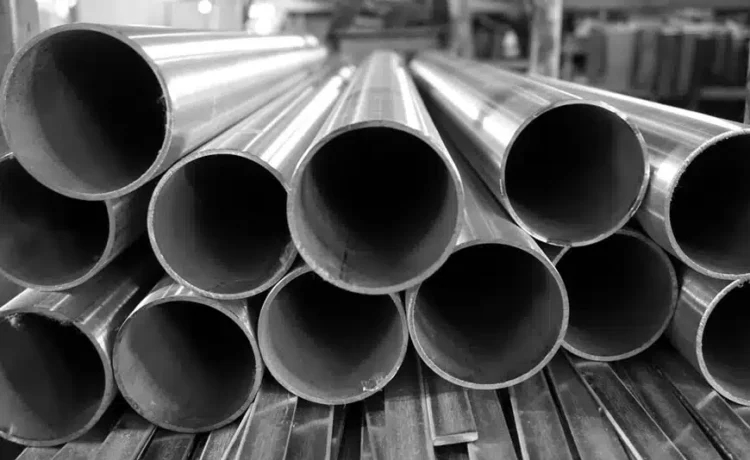Introduction: The Backbone of Modern Industry
Steel pipes are the unsung heroes of industrial infrastructure. From oil and gas transportation to construction and water supply systems, steel pipes form the core of countless operations. Their durability, versatility, and strength make them a preferred choice across multiple industries. But what makes steel pipe stand out so dominantly among other materials like PVC, copper, or concrete? Let’s explore the many reasons why industries rely on steel pipe for their most critical applications.
1. Unmatched Strength and Durability
When it comes to industrial use, strength is non-negotiable. Steel pipes are manufactured to withstand extreme pressures, temperatures, and environmental conditions. They maintain their integrity under heavy loads, making them perfect for structural applications, high-pressure pipelines, and mechanical systems.
Unlike plastic or aluminum alternatives, steel pipes resist cracking, warping, and deforming. Their high tensile strength means they can carry heavy fluids and gases over long distances without risk of leakage or failure — a vital quality for industries like oil and gas, chemical processing, and mining.
2. Corrosion Resistance and Longevity
Industrial environments often expose materials to moisture, chemicals, and temperature fluctuations. Steel pipes, especially those treated with protective coatings or made from stainless steel, are highly resistant to rust and corrosion. This translates to longer service life and lower maintenance costs.
In sectors like water treatment, offshore drilling, and power generation, this corrosion resistance makes steel the material of choice. Over time, this durability helps companies save significant costs related to repairs and replacements.
3. Versatility Across Industries
One of the major reasons steel pipes are preferred in industrial settings is their adaptability. They come in a variety of grades, sizes, and finishes suitable for different purposes — from carrying fluids and gases to serving as structural supports.
Whether it’s construction, energy, automotive, or agriculture, steel pipes meet the demands of each sector with ease. Their uniformity and precision also make them compatible with automation and high-efficiency manufacturing systems.
4. Environmental and Economic Advantages
Steel is one of the most sustainable materials available today. It is 100% recyclable and can be reused without losing its mechanical properties. For industries focused on sustainability and environmental responsibility, steel pipes offer a greener solution compared to materials that degrade after use.
Economically, while the initial investment may be higher than alternatives, the long lifespan and low maintenance requirements of steel pipes provide a much better return on investment (ROI) over time.
5. The Reliability of Modern Manufacturing
Thanks to advancements in steel fabrication, today’s steel pipes are more reliable and customizable than ever before. Precision manufacturing ensures tight tolerances, smooth finishes, and consistent quality — all essential for industries that demand accuracy and dependability.
Modern suppliers and manufacturers play a crucial role in maintaining these high standards. That’s why many industrial professionals turn to tuyau en acier Stealth Pipe & Steel, known for delivering superior-quality products that meet global standards of strength, performance, and efficiency.
6. Safety and Compliance
Safety is paramount in every industrial setting. Steel pipes, due to their predictable performance and compliance with international safety standards, ensure reliable and secure operations. They can endure high stress, thermal expansion, and external impacts without compromising the system’s integrity — a critical factor in industries where any failure could lead to environmental or financial damage.
Conclusion: The Undisputed Choice for Industrial Excellence
Steel pipes aren’t just another industrial material — they are a cornerstone of modern infrastructure. Their unmatched strength, resistance, and adaptability make them indispensable across industries. As technology advances, steel pipe manufacturing continues to evolve, offering even greater efficiency and sustainability.













